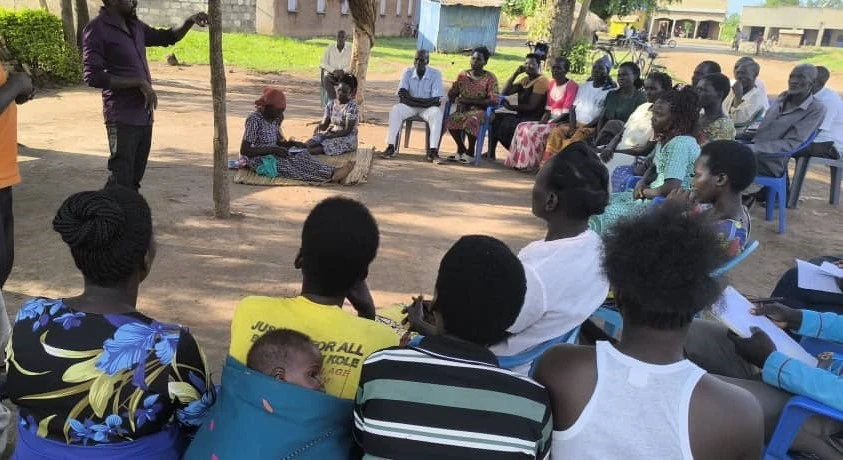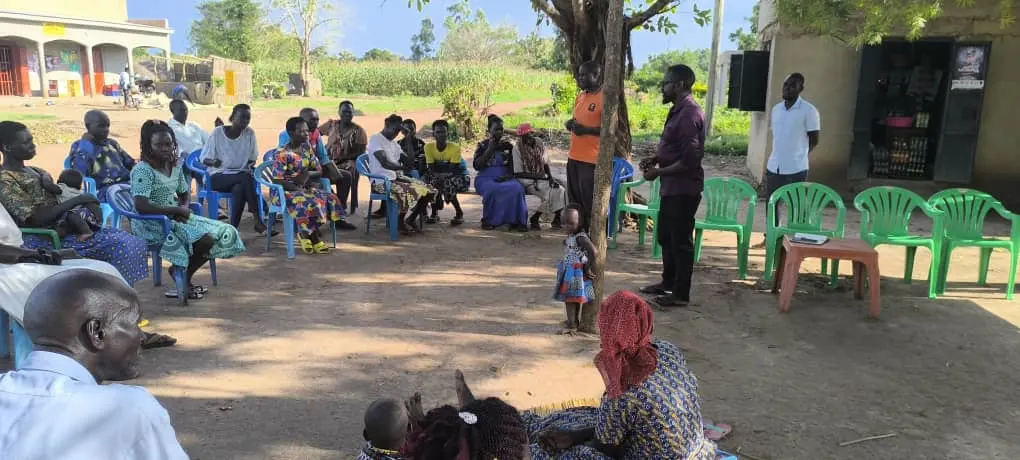In the realm of sustainable agriculture and rural development, collaboration is key to achieving meaningful and lasting impact. Agrosahas International PVT LTD has forged strategic partnerships with non-governmental organizations (NGOs) to enhance its efforts and broaden its reach. This blog explores the benefits of partnering with NGOs, the importance of collaboration, and successful partnerships that have yielded significant outcomes.
The Benefits of Partnering with NGOs
Partnering with NGOs offers numerous benefits that can amplify the impact of agricultural and rural development initiatives:
- Shared Resources and Expertise: NGOs bring specialized knowledge, skills, and resources that complement those of Agrosahas, enabling the implementation of more comprehensive and effective programs.
- Broader Reach: Collaborating with NGOs helps Agrosahas extend its reach to more communities, leveraging the established networks and trust that NGOs often have with local populations.
- Enhanced Credibility: Partnerships with reputable NGOs enhance the credibility and visibility of Agrosahas’ projects, attracting more support from stakeholders and funders.
- Increased Innovation: Collaborative efforts foster innovation by combining diverse perspectives and approaches to solving agricultural challenges.
- Capacity Building: Working with NGOs enables capacity building for both Agrosahas and the partner organizations, leading to stronger and more resilient operations.
The Importance of Collaboration Between NGOs
Collaboration between NGOs is crucial for several reasons:
- Holistic Approaches: Different NGOs often focus on various aspects of development. By collaborating, they can offer holistic solutions that address multiple facets of a problem, such as combining agricultural training with health and education initiatives.
- Avoiding Duplication: Collaboration helps avoid duplication of efforts, ensuring that resources are used efficiently and that interventions are complementary rather than redundant.
- Leveraging Strengths: Each NGO brings unique strengths to the table. Collaboration allows organizations to leverage these strengths, creating synergies that enhance the overall impact.
- Greater Advocacy Power: United voices in advocacy efforts are more likely to influence policy changes and attract attention to critical issues.

How to Collaborate with Other NGOs
Effective collaboration with other NGOs involves several key steps:
- Identify Common Goals: Ensure that the partner organization shares common goals and values. Aligning on objectives is crucial for a successful partnership.
- Establish Clear Roles: Define the roles and responsibilities of each organization to avoid confusion and ensure smooth project implementation.
- Develop a Partnership Agreement: Create a formal partnership agreement that outlines the terms, goals, and expectations of the collaboration.
- Communicate Regularly: Maintain open and regular communication to address any issues promptly and ensure that the partnership remains on track.
- Monitor and Evaluate: Continuously monitor and evaluate the partnership’s progress and impact, making adjustments as needed to achieve the desired outcomes.
The Role of Partnerships in NGO Work
Partnerships play a pivotal role in the work of NGOs by enabling them to:
- Expand Their Reach: Collaborations allow NGOs to reach more beneficiaries by pooling resources and efforts.
- Enhance Program Effectiveness: By combining expertise and resources, partnerships can enhance the effectiveness and sustainability of programs.
- Build Capacity: Working together helps NGOs build their capacity, learn from each other, and improve their overall operations.
- Strengthen Advocacy: Joint advocacy efforts are more powerful and can lead to significant policy changes and increased support for critical issues.
Conclusion
Agrosahas International PVT LTD recognizes the immense value of partnering with NGOs to achieve greater impact in agricultural and rural development. By continuing to forge strategic partnerships, Agrosahas is committed to driving sustainable development and improving the lives of rural populations.




